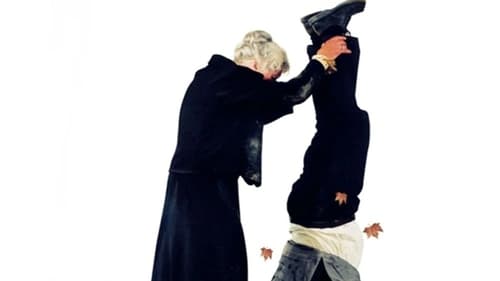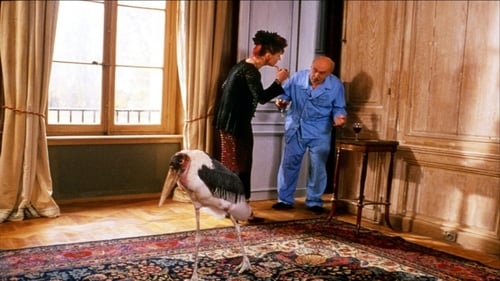Nicholas Zourabichvili
Birth : 1936-10-27, Paris, France

Music
A deadpan, picaresque buddy comedy about two old friends through a series of urban adventures, loosely connected by the skull of an executed French aristocrat. Winter Song is a typically irreverent Iosselianian jaunt through a classy Paris apartment block contemplating the past, present and future.

Music
When he loses his position as a powerful government minister, Vincent is dropped by his pretty mistress and must begin life anew, without the privileges of power. As he gradually becomes acquainted with milieus which he d either forgotten or never known and a host of sometimes eccentric, often remarkable everyday people, Vincent really begins to start living again.

Original Music Composer
Nicholas is the eldest son of a wealthy suburban family, whose businesswoman mother makes deals from a helicopter and has an affair with her business partner. His cheerful, alcoholic father, on the other hand, is reduced to a prisoner in his room with his devoted dog and electric train set. Unbeknownst to his parents, Nicholas works as a window cleaner and dish washer in a Parisian cafe. He is also in love with the daughter of another cafe's owner, who, however, has an abusive boyfriend. One night, Nicholas sneaks a few drunken drifters into his family wine cellar and his father unexpectedly takes a liking to the stranger.

Original Music Composer
Châtelaine Marie-Agnès de Bayonnette lives in her family home with her cousin Solange. The lives of the two old ladies are governed by the traditional codes of aristocracy. When Marie-Agnès died, the heirs from Russia had to fight over the estate with a Japanese company that wanted to buy the property.

Music
Events in an idyllic African village are shown in detail in the period just before logging trucks come in and cut down the forest around the villagers, forcing them to move into the wretched shantytowns that surround major cities throughout the undeveloped world. Despite the familiar premise, this surprisingly unsentimental film by Georgian director Otar Ioselliani has several things going for it, beginning with the cinematography and including the natural and unaffected (non-professional) performances of the villagers.

Music
It is a brief documentary which records the life of five Augustinian monks in the little monastery of Castelnuovo dell'Abate, a Tuscan village, as well as the everyday life of people in the small town, from farmers to meat-hackers, from wine-makers to wild boar hunters.

Original Music Composer
The story revolves around two objects, a rare set of 18th-century Limoges china, and a 19th century aristocratic portrait. As these items are passed, sold, or stolen from one character to another, a giddy round dance of excess begins to take shape, one which suggests that if history doesn't repeat itself, it certainly rhymes. Together with co-writer Gérard Brach, whose other co-writing credits include Repulsion and Tess, Otar Iosseliani uses a feather-light touch to expose the futility of class and social order, making a bagatelle of the concerns of rich and poor alike.






